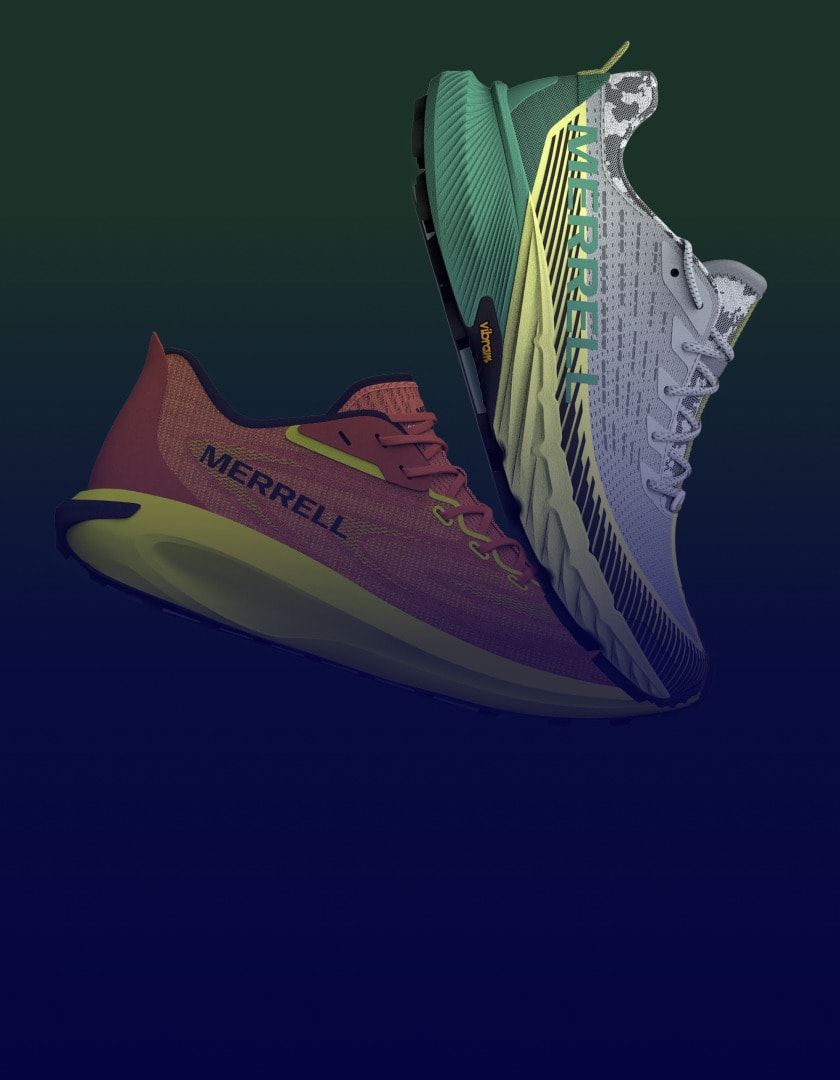Finding a New Working Experience
“For the past 25 years, we have had one longstanding manufacturing partner in Vietnam who makes all of our backpacks and our developers travel there a lot. Often decisions about products are made there, on the spot. In the past, these changes were not always documented very well for our teams back home. This has now totally changed. People can discuss product alterations at the factory and enter these decisions in Centric PLM™ while on the road so that everyone can see them. It has very much improved our style of working.”
Marco Hühn, Quality Manager at Deuter, recalls how the backpack company was challenged by a lack of transparency and coordination across internal teams in the US and Germany as well as with their suppliers in Vietnam. Product data was distributed across different document formats, and with over 600 increasingly complex designs to produce, the right information was not always available to the people who needed it at the right time, like when traveling.
Since implementing Centric PLM, life has changed at Deuter. Teams spend less time searching for and entering data, enjoy improved transparency throughout the supply chain with a bird’s-eye view of each product’s lifecycle from concept to store, and are able to efficiently maintain a high level of quality.
How did Deuter decide that Centric PLM was the right solution to boost innovation, maintain high-quality standards and help them shift towards more sustainable production methods?
Backpack Pioneer Growing at Full Speed
Deuter Sport GMbH is a leading German producer of backpacks, sleeping bags and outdoor accessories. The company was founded in 1898 and began by supplying mailbags and post sacks to the Bavarian Royal Mail. Over the years, the company evolved into a renowned provider of backpacks and sleeping bags for outdoor adventurers, hikers, cyclists and mountaineers, as well as specially designed backpacks for schoolchildren.

Deuter is now part of the Schwan-STABILO Group and has its headquarters in Bavaria, as well as a US outpost in Longmont, Colorado. Deuter sells products in 54 countries across five continents. Deuter has also recently launched an online shop that will cater to customers in Europe in its initial phase. The company has grown significantly in recent years, and the number of products they offer is also growing. In addition to its 600 branded products, Deuter has a private label business that adapts designs from its main collections to create specially made-up products.
Innovative and Quality-Driven to the Core
Deuter’s products are becoming more complex because of the rapid rate of new product introduction and the technical and the innovative development they require. It was difficult for the company to share and store information about materials, product specifications, and Bills of Material (BOMs) in a way that was accessible to everyone while using a system of PDFs and Excel spreadsheets.
The company needed greater transparency — real-time access to all data with improved visibility on each product’s status within the development cycle — and a form of data management that would help teams stick to development schedules while creating the innovative, high-quality designs customers expect, so they began researching PLM solutions.
“When looking for a suitable PLM system, our main business aims were to stay innovative, keep a high level of quality, maintain a well-balanced production schedule even with more complex and ambitious products, develop partners with sustainable and modern production methods and create transparency throughout the supply chain,” says Hühn. “Our products are at the heart of Deuter, so the efficient handling of data about them is crucial.”
Deuter’s hands-on approach to working with the company’s manufacturing partner in Vietnam means that accessing accurate product data across locations in real-time is a key reason to use PLM.
“Working directly person to person makes product details easier to understand and avoids a lot of time caught up in explanations and misunderstandings,” explains Hühn. “While working onsite, you can agree on things that need to be changed or developed, and design ideas are much more transparent. We needed a system that could capture that information and make it instantly available to people working on those products back in Germany.”
A Modern, Intuitive Solution
Deuter went through a thorough two-year selection process before selecting Centric PLM in 2017. Hühn cites Centric’s ease of use and flexibility as key factors that swayed their decision.
Hühn says, “We think Centric has the best solution. It is very efficient in handling data and very user-friendly. Centric is quite a modern system so it has not got a ‘development backpack’, a heavy load from old versions, which slows down the flexibility of other systems.”
“Centric’s system is easy to configure and maintain, and it handles intuitively. Centric also has great knowledge and understanding of the processes and needs specific to companies that handle textiles. It’s a very flexible solution that we expect will be adaptable to upcoming challenges. Another interesting benefit is that Centric’s future innovations, even when developed with other brands, are brought into the system for all users to benefit from.”
Reaching the Summit: Achieving Full Transparency
Deuter went live with Centric PLM a year ago and is experiencing the benefits of increased efficiency, transparency and accessibility of real-time product data in an organized, intuitive format.
“When we began this project, we had one main goal – transparency,” says Hühn.
We wanted a better overview of production schedules as well as development schedules to improve workflow among our teams and with our manufacturer in Vientam, and Centric PLM has made it happen.
“We now know much more about all of the materials we use, our BOMs are in a consistent and detailed format, we can collaborate in real time while traveling and we can see everything necessary to develop the product and approve it for production.”
“Where some companies might have a designer, a product developer and a product manager, at Deuter these three roles are covered by one person, a developer. These developers have a lot of information to handle, but they have a much better overview than before. We used to work with books of swatches and documents. Now this information is available to all of the developers at the same time. They just have to click on a material to see its performance indicators, price and the products it was previously used for.” Hühn explains that Deuter’s product development process is not focused on speed, but on quality and technical innovation.

“Our products are highly technical and can take up to two years to develop because they require certification and the manufacturing of specialized components, such as steel frames. Centric PLM is helping us to document that process better and more transparently in order to improve the quality of product development and track every step of the process before the product is approved.”
“It has changed our way of working,” he adds. “We used to have BOMs that were mixed up with instructions and other documents. Now we have separated out and defined these documents within PLM and we are able to go into BOMs in much more detail. People also save a lot of time than they would have spent searching for information across different documents and systems.”
The Road Ahead
Deuter is carrying out a global IT project, currently working on implementing its recently-acquired Product Information Management (PIM) system and new Enterprise Resource PLanning (ERP) solution. There are plans to connect Deuter’s marketing team with Centric PLM to help produce hang tags and point of sale material using up-to-date product details and images from the system, and to roll out PLM for the private label side of the business.
“We want people to have a better life at work and a better experience making products. Centric is helping make that happen”
New to Centric PLM? Learn more
What is Centric Pricing & Inventory? Learn more
What is Centric Market Intelligence? Learn more
Centric Visual Boards Learn more















